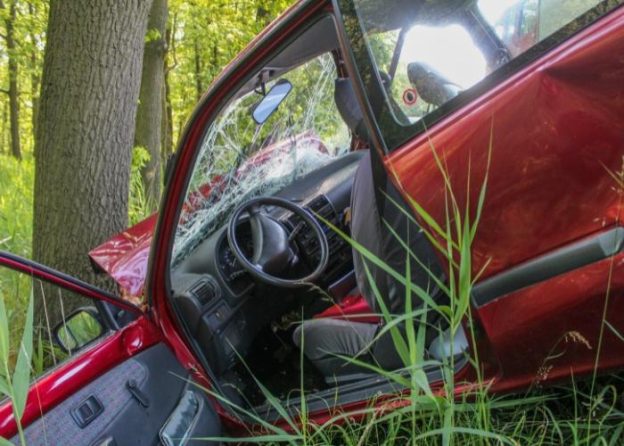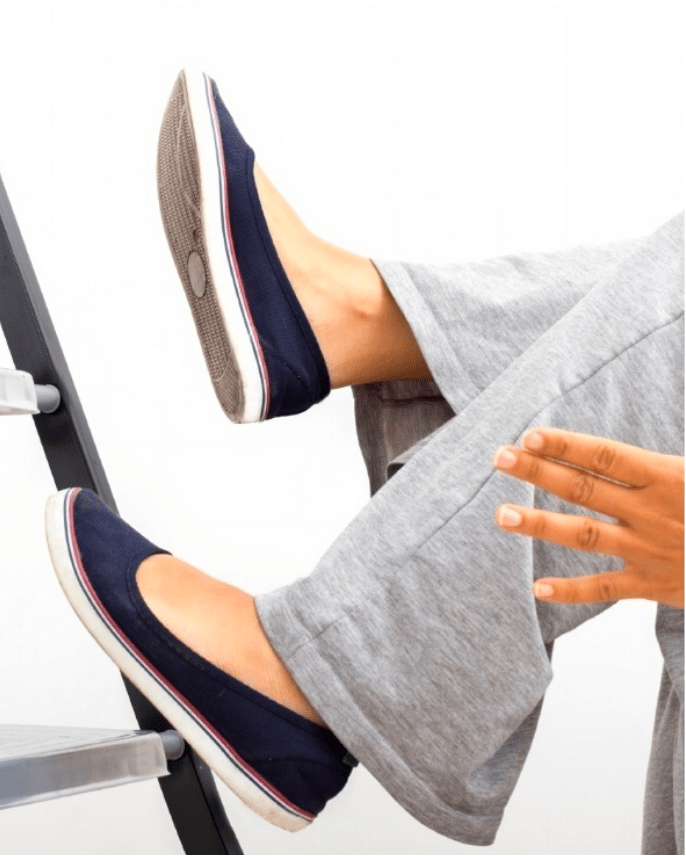How Do Police Establish Fault in a Car Accident?
A police report isn’t absolutely necessary to prove fault in a car accident, but it makes it easier. They provide helpful evidence that can prove fault since they are an official account of what happened.
Police reports include the responding officer’s statement of how the accident occurred and if a driver was issued a ticket at the scene. Insurance companies can use these details to determine fault and hold negligent drivers responsible.
In the article below, we will examine how a police report can establish fault after a car accident.
I met with Harry Brown personally and he sat with me for 20 minutes at our initial consultation to explain everything. He even called after my surgery to see how I was doing. I met with him several more times after that and was kept informed about my case throughout. I highly recommend Harry Brown as an attorney.
Key Takeaways
- A police report can help prove fault in a car accident, but it is not necessary.
- Police reports contain details of the accident scene, including witness statements and the officer’s conclusions about how the accident occurred.
- Insurance companies and courts can use this information to determine fault. However, the report is not the deciding factor in determining liability in an injury case.
- If the report assigns fault to you, Georgia’s comparative fault laws may come into play.
Police Reports
A police report is a written document usually generated by the responding law enforcement officer at the crash scene. The police report often contains:
- Weather conditions
- Road conditions
- The time of day the accident occurred
- If a traffic law was broken
- Other details of the crash and the people/vehicles/property involved
- Witness statements
- Statements from drivers and passengers
- A diagram of the accident (location, path of vehicles, point of collision)
- The officer’s findings or conclusions as to how or why the accident might have happened.
Determining fault after a car accident can heavily rely upon the information in the police report. After being involved in an automotive wreck, a police officer may or may not come to the scene.
In wrecks involving severe injury and property damage, it’s safe to say an officer will report to the scene, and a police report will be generated. If the other driver is at fault for your injuries, the traffic collision report can be useful as leverage in negotiations or lead a court to find you in favor.
On the other hand, if you are at fault, the report will set the standards for your accident liability and help distinguish the damage’s extent. But what if the police report is inaccurate or doesn’t match what you believe happened? Can you have the information altered or amended?
That will depend on the information you want to be changed or added.
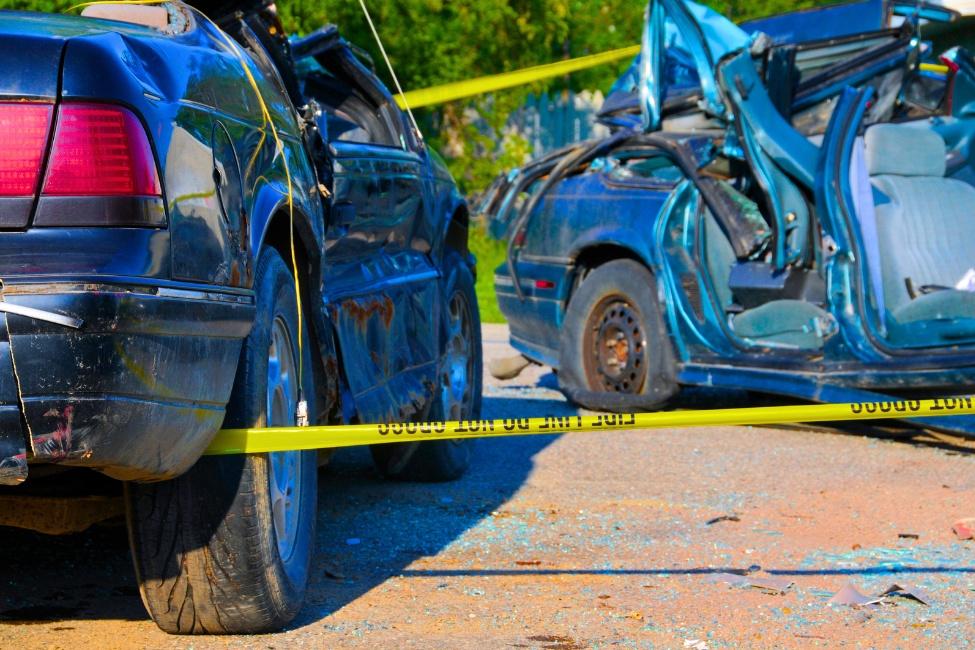
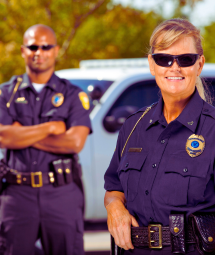
How is a Police Report Executed?
An officer follows a standard procedure when arriving at a scene. The police’s priority is to see if medical attention is needed. If so, the officer will call it in.
If no one is injured, the officer’s first job is to get the cars out of traffic.
The officer will also:
- Take pictures of the accident scene and damage to the vehicles
- Measure skid marks
- Collect statements from any witnesses involved
Proceeding forward, the officer will prepare a detailed report explaining how the accident had happened. The report will consist of testimony from the driver and any witnesses, the physical evidence at the scene, the officer’s experience in investigating accidents, any special training the officer has, and most likely, the officer’s opinion about the cause of the crash.
How Can A Police Report Sway Your Personal Injury Claim?
While a police officer’s presumptions about who caused the collision may result in a ticket for the at-fault driver, the report is not the deciding factor in determining liability in an injury case. However, the report will profoundly influence settlement negotiations with an insurance company and any personal injury lawsuit.
The report is a massive advantage if the officer states the other driver caused the accident putting you on the right side of any fault-finding.
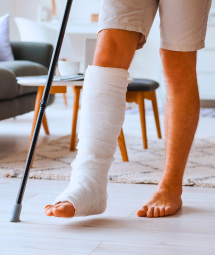
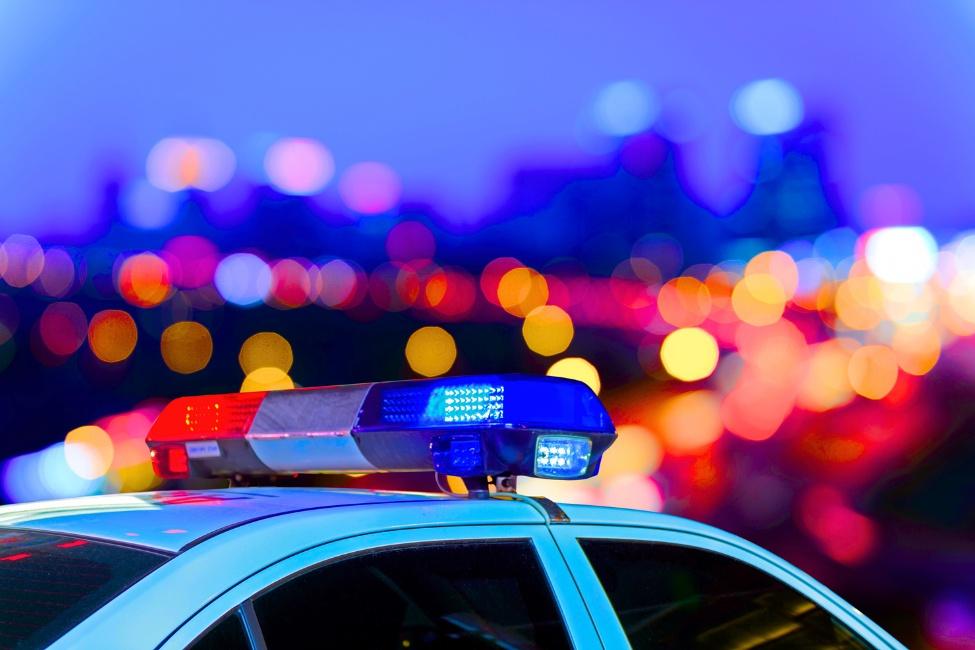
What If the Police Report Assigns Fault To You?
Georgia has laws that define comparative fault, which is when an accident evaluation finds that both drivers share the cause of the accident.
You could share in the blame if you have been negligent or your vehicle wasn’t maintained properly. There are four types of negligence in car accident cases:
- Gross negligence
- Comparative negligence
- Contributory negligence
- Vicarious negligence
For example, you could be 40 percent at fault while the other driver is 60 percent at fault. If you find yourself in this predicament, your case may not end in your favor, as courts trust the police reflexively. However, hiring an accident attorney experienced in handling these situations can enormously help your case.
An attorney can ask questions such as:
- Was the officer relying on a spectator who said the light was red when the witness may not have been in the position to see the traffic signal?
- Does the report say that you were traveling 50 mph in a 35 mph zone because the other driver said so, even though you know that is not true?
It’s wise to ask what information the officer received and from whom. An experienced attorney can also challenge the officer’s training against their judgments in the report.
A perfect example of this would be the skid mark analysis. If the police accident report says there were 10 feet of skid marks, it is safe to say that the driver did not start breaking until 10 feet before the impact. Those exact measurements can also determine the person’s speed. It is feasible to do this with some precision, but it requires specialized training that most police departments don’t include within their training process.
Since an individual would need special training or specific knowledge to make these inferences accurately, a court requires documentation of knowledge or activity before this evidence can be admissible. You can apply the same guidelines to other special measurements and conjectures.
Be Careful of What You Say
Anything accident victims say to the police can make it into the report and be used later in the insurance claim or lawsuit process. Do not admit fault to the other driver, watch what information you relay to the police, and be aware of what you sign.
When you are involved in a car collision and the police show up, any police report can damage your case, so be aware of what you say. You cannot amend your initial remarks in the court proceedings. The best way to protect yourself and your rights is to consult an experienced personal injury lawyer.
Ready to Talk to a Lawyer Who Has Your Back?
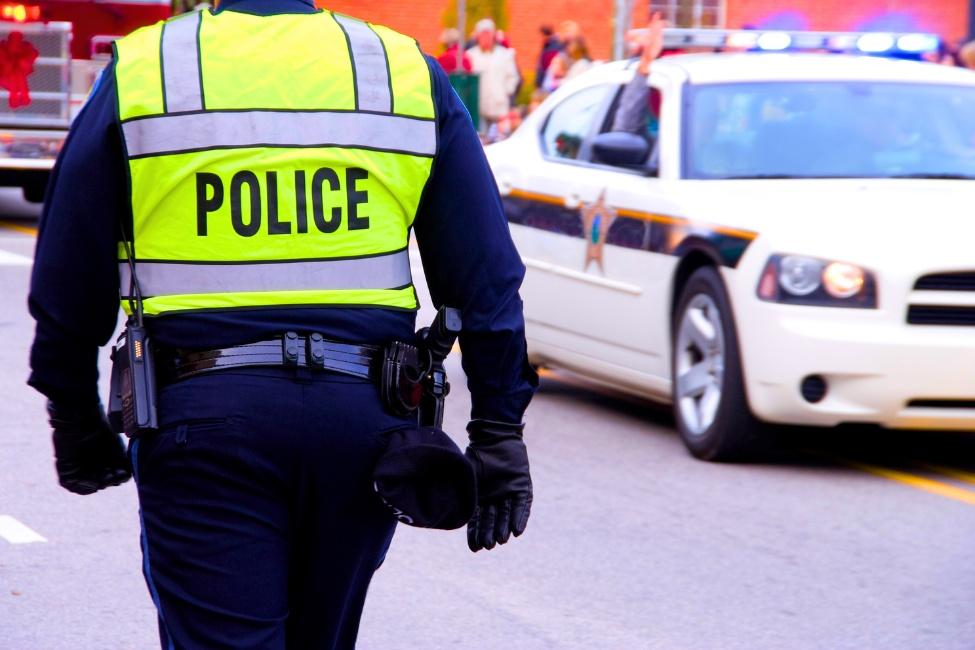
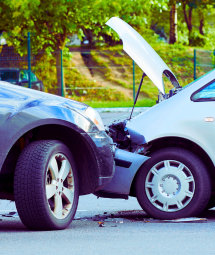
Contact The Brown Firm
Contact The Brown Firm to provide the best legal representation for your accident injury case if you were in a vehicular crash.
You deserve to make a fair recovery for all of your past and future medical expenses, lost income, out-of-pocket costs, physical pain, vehicle damage, and emotional suffering.
A car accident lawyer with The Brown Firm has the medical and legal expertise to efficiently protect your rights and gain the compensation you deserve after suffering injuries. Our experienced car accident lawyers are ready to help you today.
Fill out the form below for a free consultation or call 800-529-1441.
Our Recent Personal Injury Articles
When Taxi Drivers Cause Pedestrian Accidents: Legal Options for Injured Parties
A bus caught fire on Friday night at Ashford Dunwoody Road and I-285 West, causing delays during rush hour. The ramp was closed, and firefighters were able to put out...
Bicycle Accident Settlements – What Compensation Can You Expect?
A bus caught fire on Friday night at Ashford Dunwoody Road and I-285 West, causing delays during rush hour. The ramp was closed, and firefighters were able to put out...
Nursing Homes Overprescribing Drugs to Silence and Subdue Patients
A bus caught fire on Friday night at Ashford Dunwoody Road and I-285 West, causing delays during rush hour. The ramp was closed, and firefighters were able to put out...
How Long Do You Have to File a Wrongful Death Lawsuit?
A bus caught fire on Friday night at Ashford Dunwoody Road and I-285 West, causing delays during rush hour. The ramp was closed, and firefighters were able to put out...
Dog Bite Prevention: Educating Owners and the Public
A bus caught fire on Friday night at Ashford Dunwoody Road and I-285 West, causing delays during rush hour. The ramp was closed, and firefighters were able to put out...
Dog Bite Prevention: Educating Owners and the Public
A bus caught fire on Friday night at Ashford Dunwoody Road and I-285 West, causing delays during rush hour. The ramp was closed, and firefighters were able to put out...
Macon, GA – Two Teens in Critical Condition After Deputy Chase in Stolen Vehicle
A stolen vehicle chase with deputies left two teens in critical condition after they lost control of the vehicle.
Dunwoody, GA – A Bus On Fire On I-285 Causes Ramp Closure
A bus caught fire on Friday night at Ashford Dunwoody Road and I-285 West, causing delays during rush hour. The ramp was closed, and firefighters were able to put out...
Cartersville, GA – Pedestrian Fatally Hit By Train
A pedestrian in Cartersville, GA, was hit and killed by a train while crossing the tracks. The pedestrian's identity is unknown.
Macon, GA – Gray Highway Will Get New Pedestrian Crosswalks In Efforts To Decrease Pedestrian Fatalities
Concrete medianettes will be built on Gray Highway and Shurling Drive in Georgia to improve pedestrian safety. These medianettes will provide a safe space for pedestrians to cross busy roads,...
Contact The Brown Firm
Get the Answers and Compensation You Deserve
You’ll notice the difference when you contact The Brown Firm! Our local dedicated attorneys want to help you recover and rebuild.
Schedule your free consultation by calling (800) 529-1441 or completing our simple online form.
What Does “Free” Really Mean in a Free Consultation?
In the context of a free legal consultation, “free” truly means free. There are no hidden fees and no obligations. If, at the end of the consultation, either you or your personal injury lawyer decide not to pursue a further attorney-client relationship, you can walk away with a clear conscience.
During a free consultation with a personal injury lawyer, you can expect to discuss the details of your case, such as how the injury occurred, the extent of your injuries, and any potential legal claims you may have. Additionally, the free consultation serves as an opportunity for you to ask questions and express any concerns you may have. You can discuss the lawyer’s experience, their approach to personal injury cases, and how they would handle your specific situation.



